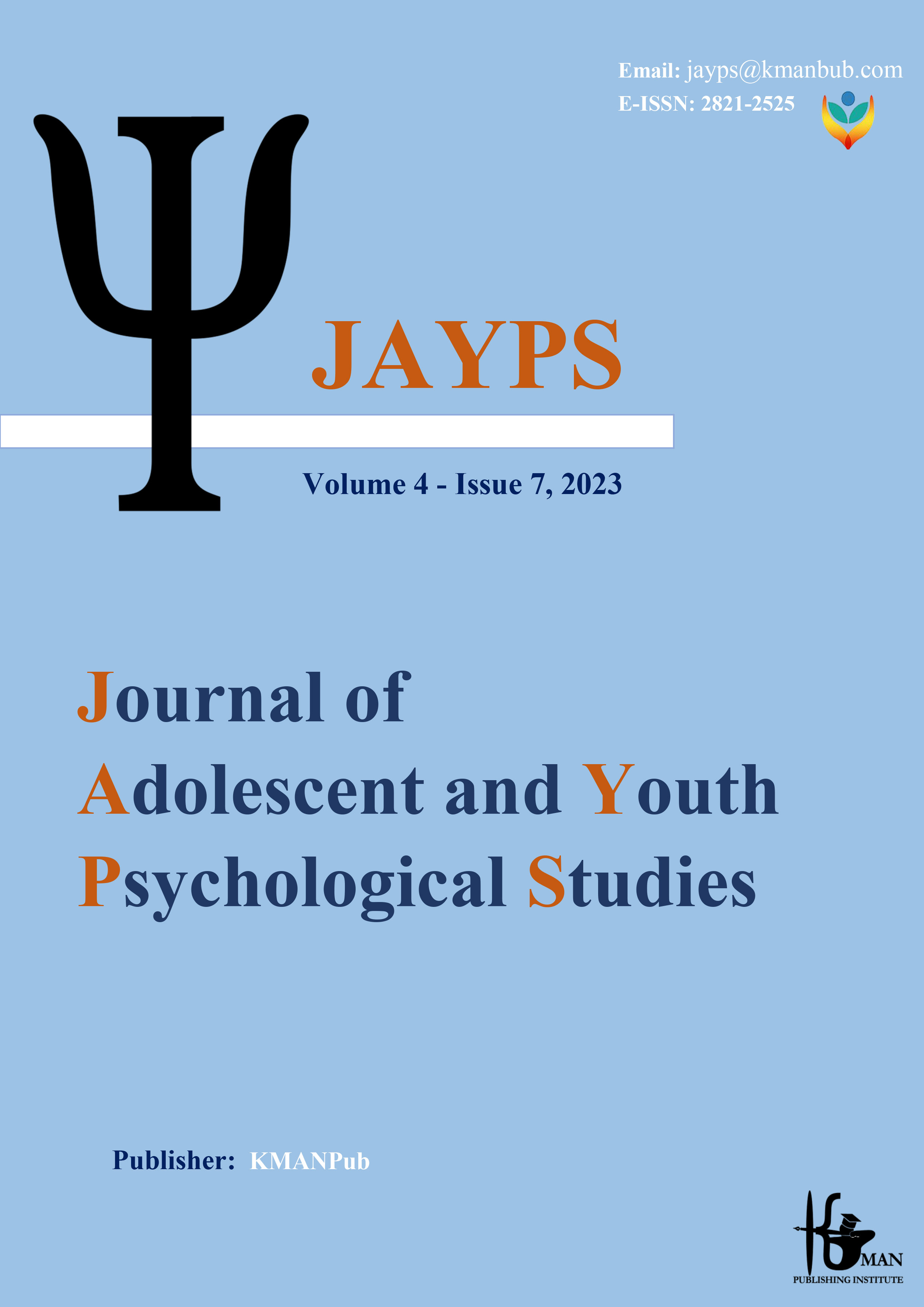The Effectiveness of Strength-Based Counseling on Emotional Intelligence and Hope among Youth
Keywords:
Strength-based counseling, emotional intelligence, hope, youth, randomized controlled trial, mental health, psychological well-beingAbstract
Background and Aim: This study aimed to evaluate the effectiveness of strength-based counseling in enhancing emotional intelligence and hope among youth. Methods: A randomized controlled trial was conducted with 30 participants from Islamshahr, randomly assigned to either the intervention group (n=15) or the control group (n=15). The intervention group participated in ten 75-minute sessions of strength-based counseling. Emotional intelligence and hope were measured at baseline, post-intervention, and five-month follow-up using the Emotional Intelligence Scale (EIS) and the Adult Trait Hope Scale (ATHS), respectively. Data were analyzed using repeated measures ANOVA and Bonferroni post-hoc tests. Results: Significant improvements were observed in the intervention group compared to the control group. The mean emotional intelligence score for the intervention group increased from 110.34 (SD = 14.23) at baseline to 129.56 (SD = 13.47) post-intervention and slightly decreased to 128.79 (SD = 13.65) at the five-month follow-up. The mean hope score increased from 48.92 (SD = 6.75) at baseline to 61.34 (SD = 5.89) post-intervention, with a follow-up mean of 60.87 (SD = 6.02). The ANOVA results revealed significant interaction effects between time and group for both emotional intelligence (F(2, 56) = 42.36, p < .001, η² = .60) and hope (F(2, 56) = 38.94, p < .001, η² = .58). Bonferroni post-hoc tests confirmed these improvements were maintained over time. Conclusion: Strength-based counseling significantly enhances emotional intelligence and hope among youth, with effects persisting at a five-month follow-up. This intervention holds promise for supporting the mental health and well-being of young individuals.
Downloads
Downloads
Published
Submitted
Revised
Accepted
Issue
Section
License

This work is licensed under a Creative Commons Attribution-NonCommercial 4.0 International License.









